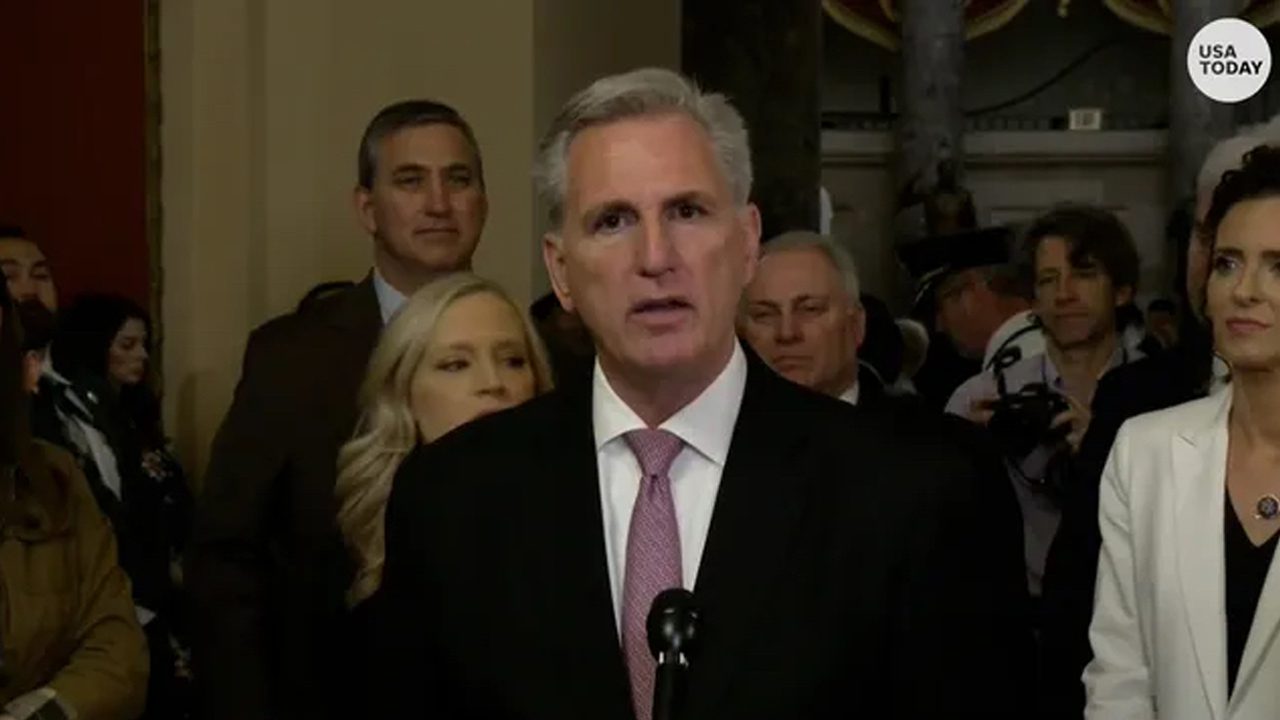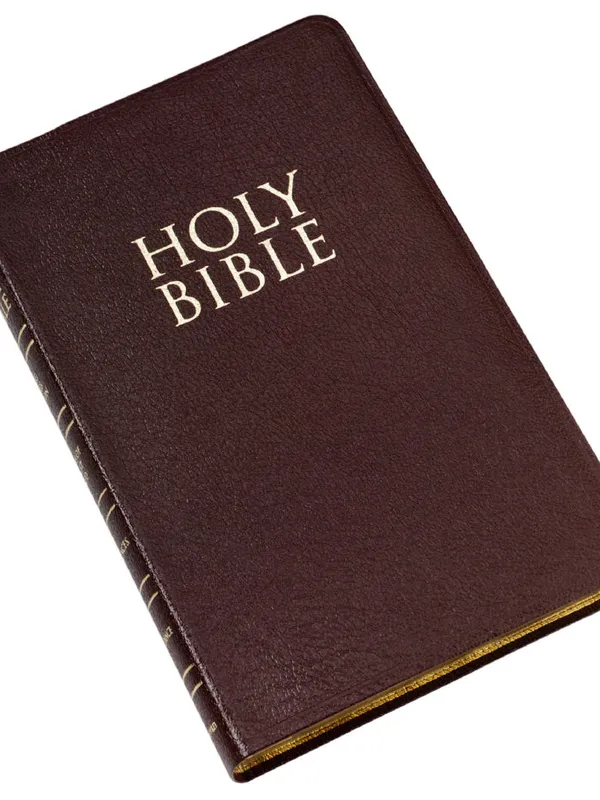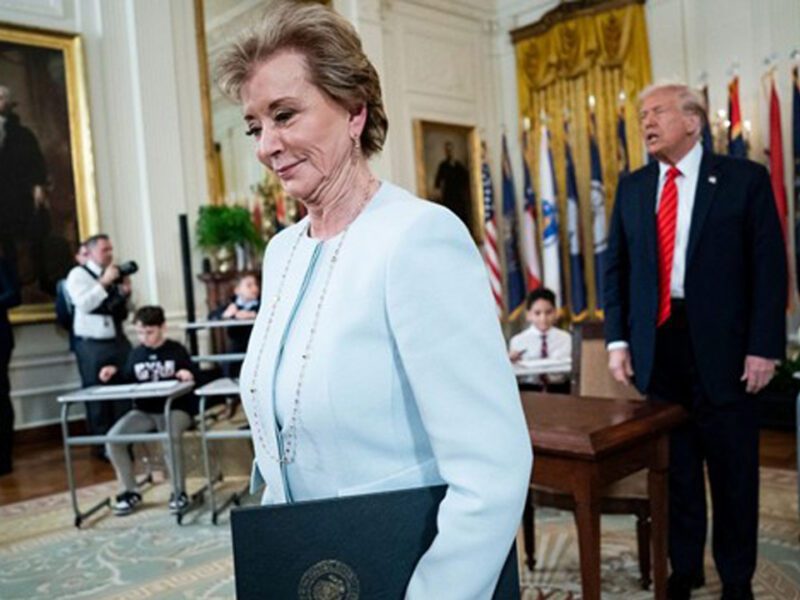Silver’s objection has been denied three times: first by the school’s material review committee, then by Kelly Burke, the school’s principal, and then by Superintendent Mike Burke (no relation to Kelly Burke).
All three denials cite the same Florida statute, which permits the study of the Bible and religion and allows districts to install a “secular program of education including, but not limited to, an objective study of the Bible and of religion.”
Seven states — Arizona, Arkansas, Georgia, Kentucky, Oklahoma, Tennessee, and Texas — require Bible literacy classes in public schools. Florida’s statute does not.
In Palm Beach County, copies of the Bible are available for checkout at some schools of all grade levels, according to the district. The Torah, the first five books of the Bible used in Judaism, and the Quran, Islam’s holy text, are available for checkout at some high schools. The school district did not provide any more information on which schools carry which books.
Now, the school board will decide whether to overturn the decision by the superintendent to keep the Bible on Olympic Heights’ shelves.
Books challenged in Palm Beach County
Silver’s challenge comes at a time when conservative groups such as Moms for Liberty have made massive pushes to challenge and censor books that include discussions of white supremacy, gender identity and sexuality from schools across the country.
Last year, three school districts, including Escambia County, which includes Pensacola, removed the Bible for varying lengths of time along with hundreds of other books. The Keller Independent School District, north of Fort Worth, Texas, and the Wentzville School District, 40 miles west of St. Louis, also removed the book before returning it to the shelves.
Just last month, Davis County Schools in Utah removed the Bible from elementary and middle school libraries after determining it was too “violent and vulgar” for young children.
Individual schools manage their library collections, according to school board policy. Few books have been challenged in Palm Beach County, and even fewer have been removed from school libraries or classrooms for any amount of time.
From July to December 2022, the districts reviewed 31 books — none of which resulted in books being permanently removed. The reviews stemmed from a survey sent to all district teachers asking them to set aside books for review if they dealt with sexual orientation or gender identity.
In the same time period, county residents filed informal complaints about four different books. But none filed official complaints that would have triggered action by the school’s material review committee.
PEN America, a free speech organization that tracks book challenges across the U.S., reported that more than 350 books had been “banned” across Florida. Jonathan Friedman, the organization’s director of free expression and education, told EdWeek in 2022 that challenges to the Bible have been used to highlight censorship.
“To our knowledge, objections to the Bible in the last year have occurred as a reaction to efforts to ban so many books,” Friedman told the publication. “In each case where it was banned, it seems to have been inadvertent, and the decision was, to our knowledge, reversed.”
What criteria will the school board use to decide on the Bible challenge?
On Wednesday, the school board will meet to make the final call on Silver’s challenge. He will be allowed to present evidence at the meeting, according to school board policy.
The school board will review his challenge using the same criteria as the school materials review committee, the principal and the superintendent. They include the following:
- Educational significance of the material.
- Appropriateness of age and maturity level.
- Need and value to the collection or curriculum.
- Summation of the professional reviews on the media.
- Literary merit.
- Validity, accuracy, objectivity and up-to-date and appropriate information.
- Freedom from stereotypes, bias, prejudice or distortion.
- Timeliness or permanence.







